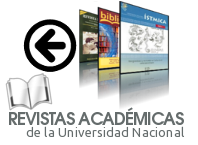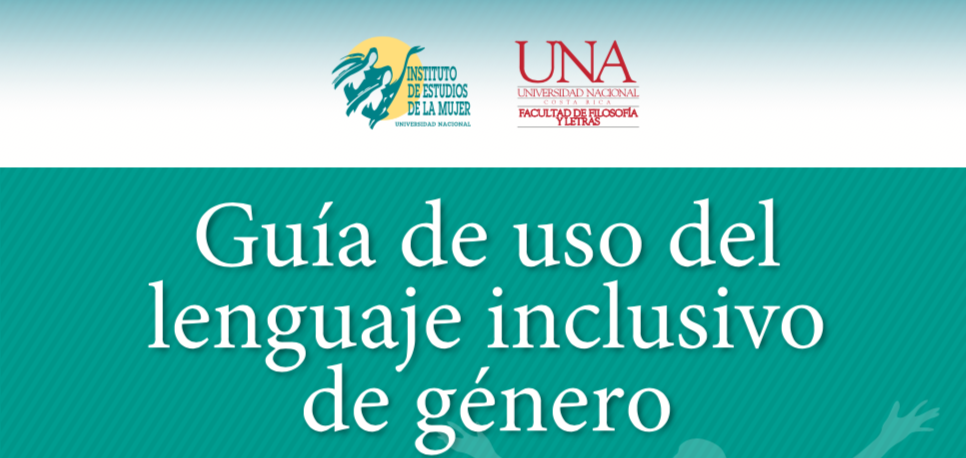Is logic a good scientific instrument for doing philosophy?
DOI:
https://doi.org/10.15359/praxis.84.2Keywords:
Logic, Philosophy, Argument, AssessmentAbstract
In this paper, I offer reasons to show that the goal of Philosophy are arguments, whatever these can be, such as epistemological, political, ethical, aesthetic, ontological, religious, bioethical, metaphysical, among others. I defend that its main objective is to pose, rebuilt, propose, and evaluate arguments using the modern logic. I also present some counter examples, showing that these do not weak my proposal.
References
Aristóteles. Metafísica. Madrid: Editorial Gredos, 1994.
Aristoteles. The Organon or Logical Treatises of Aristotle: With Copious Elucidations from the Commentaries of Ammonius, Porphyry and Simplicius. Vol. 1 y 2. 20. London: George Bell and Sons, 1889.
Austin, J. L. How to Do Things with Words. Cambridge, Mass: Harvard Univ. Press, 1962.
Beuchot, Mauricio. Tratado de hermenéutica analógica. México: Facultad de Filosofía, Universidad Nacional Autónoma de México, 1997.
Bruce, Michael, and Steven Barbone, eds. Just the Arguments: 100 of the Most Important Arguments in Western Philosophy. Chichester, West Sussex, U.K: Wiley-Blackwell, 2011.
Butler, Judith. Gender Trouble: Feminism and the Subversion of Identity. Thinking gender. New York: Routledge, 1990.
Carroll, Noël, and Jinhee Choi, eds. Philosophy of Film and Motion Pictures: An Anthology. Blackwell philosophy anthologies. Malden, MA: Blackwell Pub, 2006.
Chalmers, David John. The Conscious Mind: In Search of a Fundamental Theory. Philosophy of mind series. New York: Oxford University Press, 1996.
Comesaña, Juan Manuel. Lógica informal, falacias y argumentos filosóficos. Buenos Aires: Eudeba, 2001.
Copi, Irving M. Symbolic Logic. London: Collier MacMillan Publishers, 1973.
Copi, Irving M., Carl Cohen, and Kenneth MacMahon. Introduction to Logic. 14 ed., Pearson new international ed. Pearson custom library. Harlow: Pearson Education Limited, 2014.
Engelhardt, H. Tristram. The Foundations of Bioethics. 2nd ed. New York: Oxford University Press, 1996.
Frápolli Sanz, María José. Filosofía de la lógica. Madrid: Tecnos, 2008.
Frege, Gottlob. “Sense and Reference.” The Philosophical Review 57, no. 3 (May 1948): 209.
Gadamer, Hans-Georg. El Giro Hermenéutico. Madrid: Ediciones Cátedra, 1998.
Grice, Paul. “Logic and Conversation.” In Donald Davison and G. Harmann The Logic of Grammar. The Dickenson series in philosophy. Encino, Calif: Dickenson Pub. Co, 1975.
Grimwood, Tom. “Nietzsche’s Death of God.” In Just the Arguments, edited by Michael Bruce and Steven Barbone, 52–56. Oxford, UK: Wiley-Blackwell, 2011.
Hegel, Georg Wilhelm Friedrich, and Gustavo Leyva. Fenomenología del espíritu. Distrito Federal: FCE - Fondo de Cultura Económica, 1996.
Houlgate, Stephen. The Opening of Hegel’s Logic: From Being to Infinity. Purdue University Press series in the history of philosophy. West Lafayette, Ind: Purdue University Press, 2006.
Husserl, Edmund, and Donn Welton. The Essential Husserl: Basic Writings in Transcendental Phenomenology. Studies in Continental thought. Bloomington, IN: Indiana University Press, 1999.
MacIntyre, Alasdair C., ed. Hegel: A Collection of Critical Essays. Ney York: Doubleday, 1972.
McCarthy, John. “Circumscription—A Form of Non-Monotonic Reasoning.” Artificial Intelligence 13, no. 1–2 (April 1980): 27–39.
Mercier, Adèle and University of Arkansas Press. “A Perverse Case of the Contingent A Priori: On the Logic of Emasculating Language (A Reply to Dawkins and Dummett).” Philosophical Topics 23, no. 2 (1995): 221–259.
Mitcham, Carl. Thinking through Technology: The Path between Engineering and Philosophy. Chicago: University of Chicago Press, 1994.
Moore, G. E., and Thomas Baldwin. Principia Ethica. Cambridge University Press, 1903.
Nagel, Thomas. “What Is It Like to Be a Bat?” The Philosophical Review 83, no. 4 (October 1974): 435.
Nietzsche, Friedrich. Así Hablo Zaratustra: Un Libro Para Todos y Para Nadie. Madrid: Alianza Editorial, 1953.
Pippin, Robert B. Hegel’s Idealism: The Satisfactions of Self-Consciousness. Cambridge; New York: Cambridge University Press, 1989.
Plato, John M. Cooper, and D. S. Hutchinson. Complete Works. Indianapolis, Ind: Hackett Pub, 1997.
Rawls, John. A Theory of Justice. Cambridge: Harvard University Press. , 1971.
Russell, Bertrand. “On Denoting.” Mind 14 (1905): 479–493.
Stern, Robert and MyiLibrary. Routledge Philosophy Guidebook to Hegel and the Phenomenology of Spirit. London; New York: Routledge, 2002.
Taylor, Charles. Hegel. Cambridge: Cambridge Univ. Press, 1975.
Vetterling-Braggin, Mary, ed. Sexist Language: A Modern Philosophical Analysis. Littlefield Adams quality paperback series; 353. Totowa, N.J: Littlefield, Adams, 1981.
Wittgenstein, Ludwig. Tractatus Logico-Philosophicus. Oxford: Blackwell, 1953.
———. Tractatus Logico-Philosophicus. Routledge great minds. London; New York: Routledge, 2014.
Wittgenstein, Ludwig. Philosophical Investigations. New York: Macmillan, 1953.
Downloads
Additional Files
Published
How to Cite
Issue
Section
License
La revista trabaja bajo la Licencia Creative Commons Atribución-NoComercial-CompartirIgual 4.0 Internacional; apartir de la publicación número 79 (2019); en publicaciones anteriores se trabajaba bajo una Licencia Atribución- No Comercial- Sin Derivadas 4.0 Internacional.







